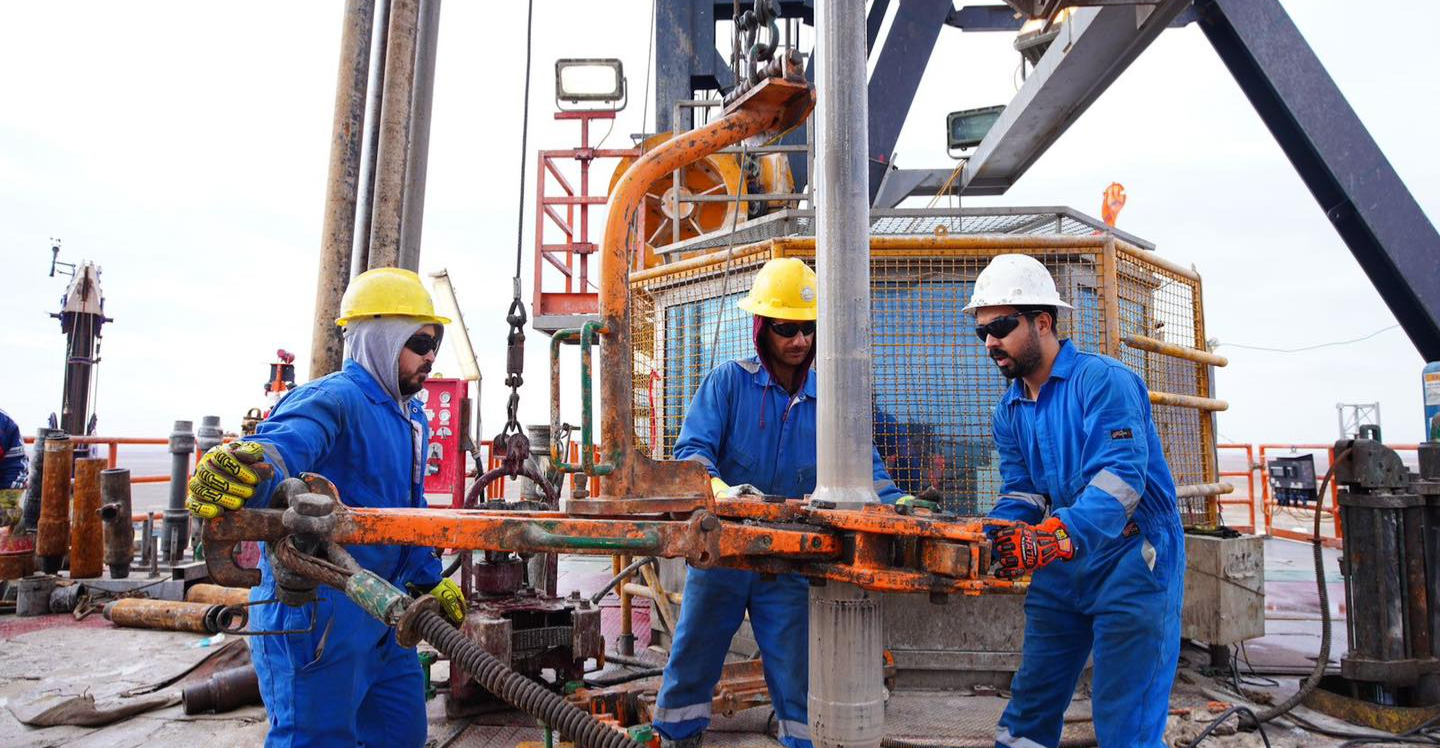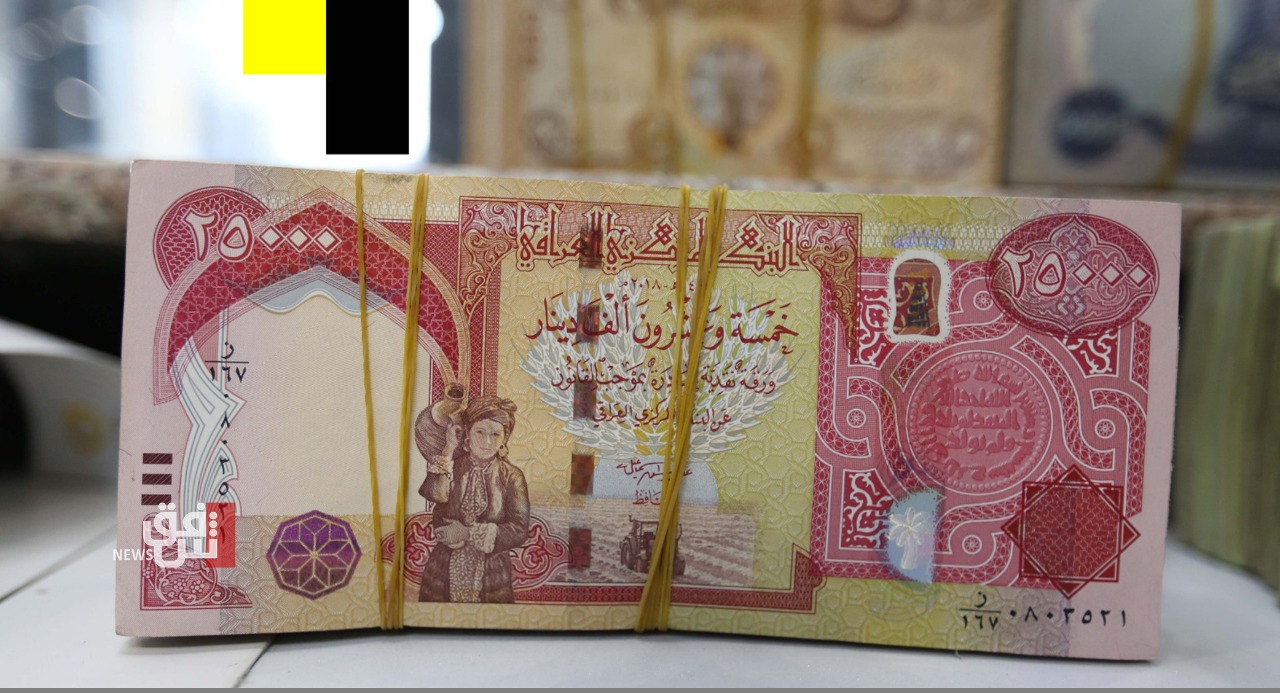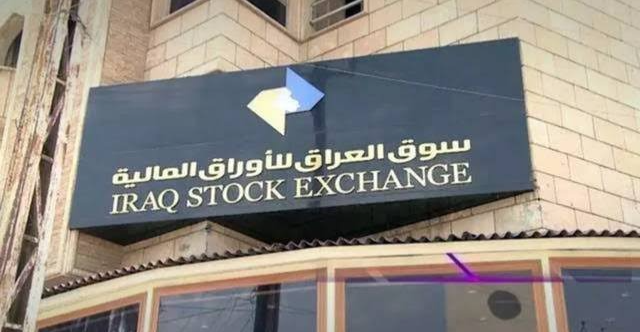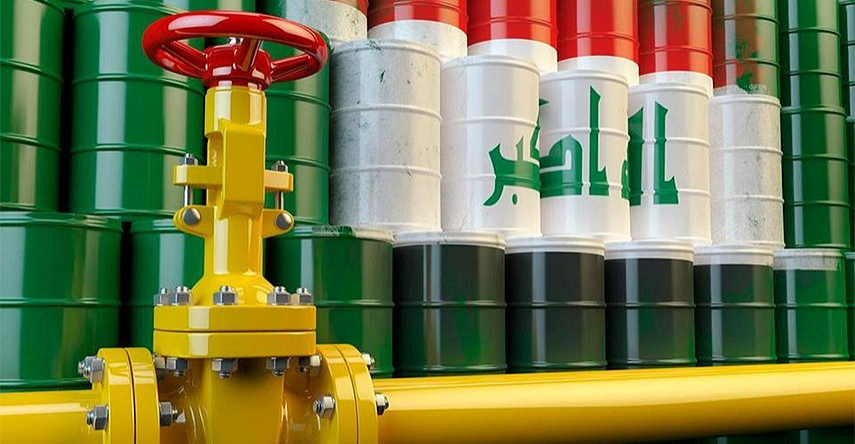Once 80%: Iraq-Syria trade grinds to near halt
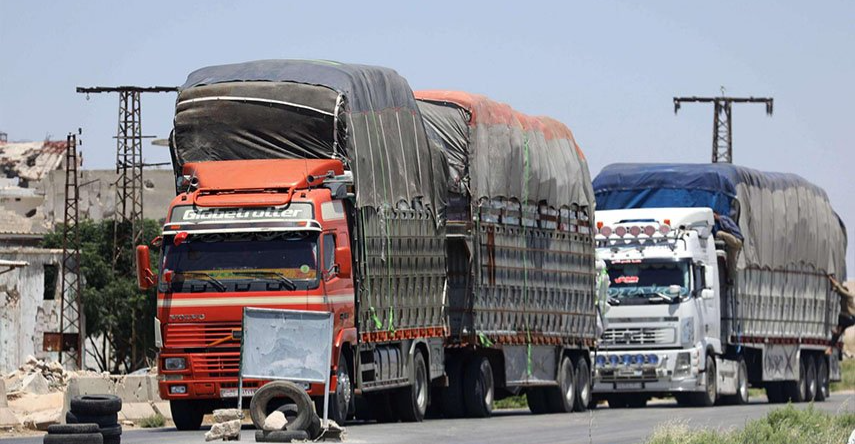
Shafaq News/ Trade between Iraq andSyria has dropped to just 5% of pre-war levels—down from 80%—due to prolongedconflict and a recent border closure, a member of the Syria-Iraq BusinessCouncil said on Saturday.
Ibrahim Shalash told Shafaq Newsthat the shutdown of the al-Qaim–al-Bukamal crossing has severely disruptedcommerce, causing losses for Iraqi traders who once held exclusive distributionrights for Syrian goods.
Before 2011, Iraq imported a widerange of Syrian products—including food, clothing, plastics, andpharmaceuticals—largely due to geographic proximity and lower costs. Syrianexports now, however, account for a fraction of Iraq’s market, with traders shiftingtoward suppliers in Turkiye, Iran, and the Gulf.
“On the Syrian side, manufacturershave reported surpluses and are seeking new markets despite higher transportcosts,” Shalash said, noting that Syria’s reliance on Iraqi imports waslimited, primarily to dates and date paste, as Iraq imports about 90% of itsconsumer needs from various countries.
Efforts to restore trade have beenhampered by administrative and financial obstacles. Shalash said Baghdad hasyet to resume registering Syrian companies or open formal banking channels,forcing traders to use informal money transfer networks.
Although Syrian authorities havecompleted technical preparations to reopen their side of the crossing, theIraqi government has not moved to resume operations. On April 12, Syrian borderofficial Mazen Aloush said the al-Bukamal crossing was ready to reopen, pendingaction from Baghdad.
The crossing was closed in December2024 following the withdrawal of Syrian forces from the al-Bukamal side and theloss of government control in the area. Since then, only Iraqi nationalsreturning from Syria have been permitted to cross.
According to the Syria-Iraq BusinessCouncil, the crossing handled $1 billion in trade in 2024 before the shutdown.
The Syrian Ministry of Economy saidin January it was working to expand exports, improve logistics, and reopentrade routes with friendly countries, including Iraq. Interim Economy MinisterBasel Abdul Hanan said Damascus aimed to integrate industries, boostinvestment, and ease customs procedures as part of efforts to “rebuild ties”with Baghdad.



